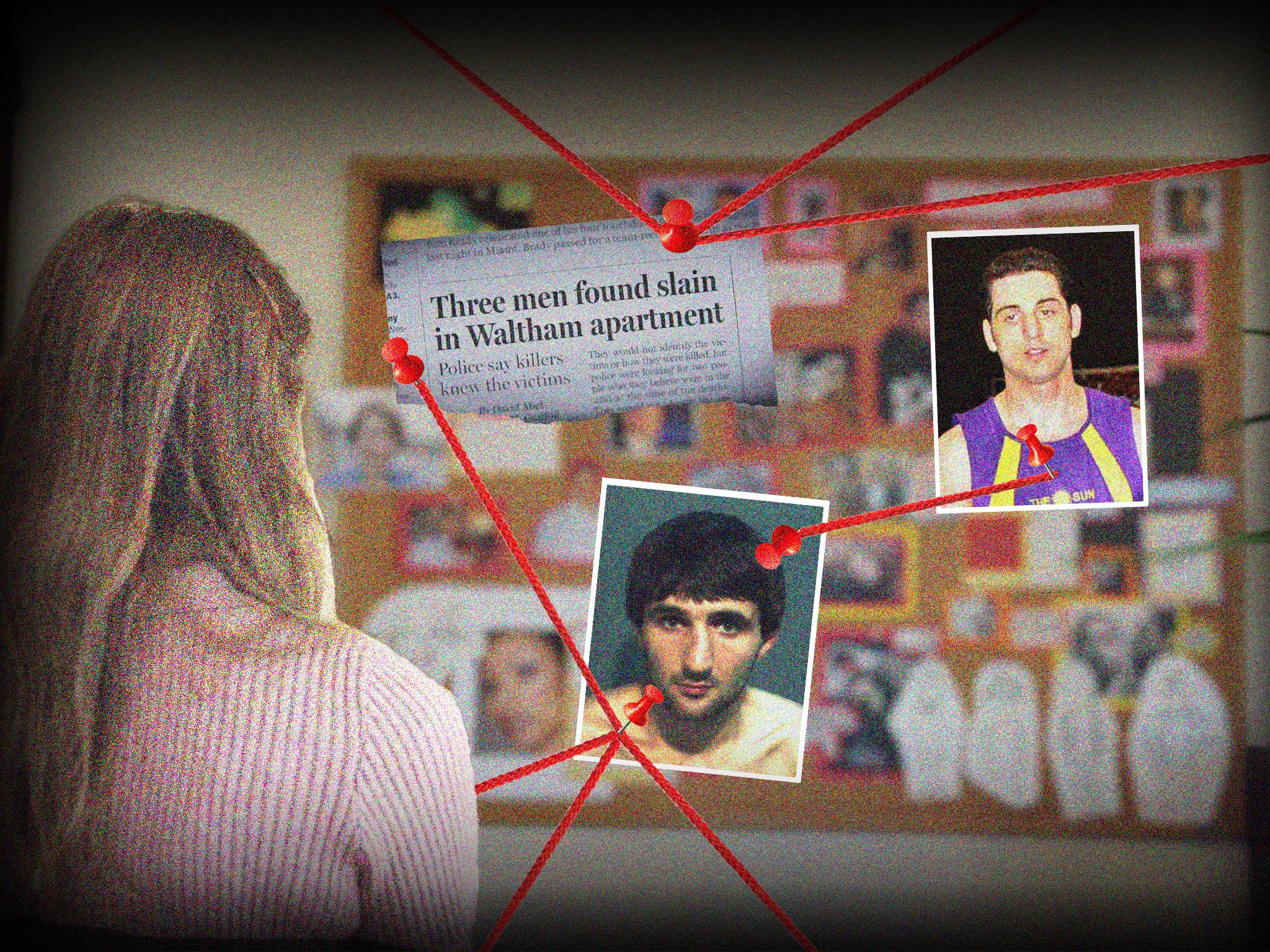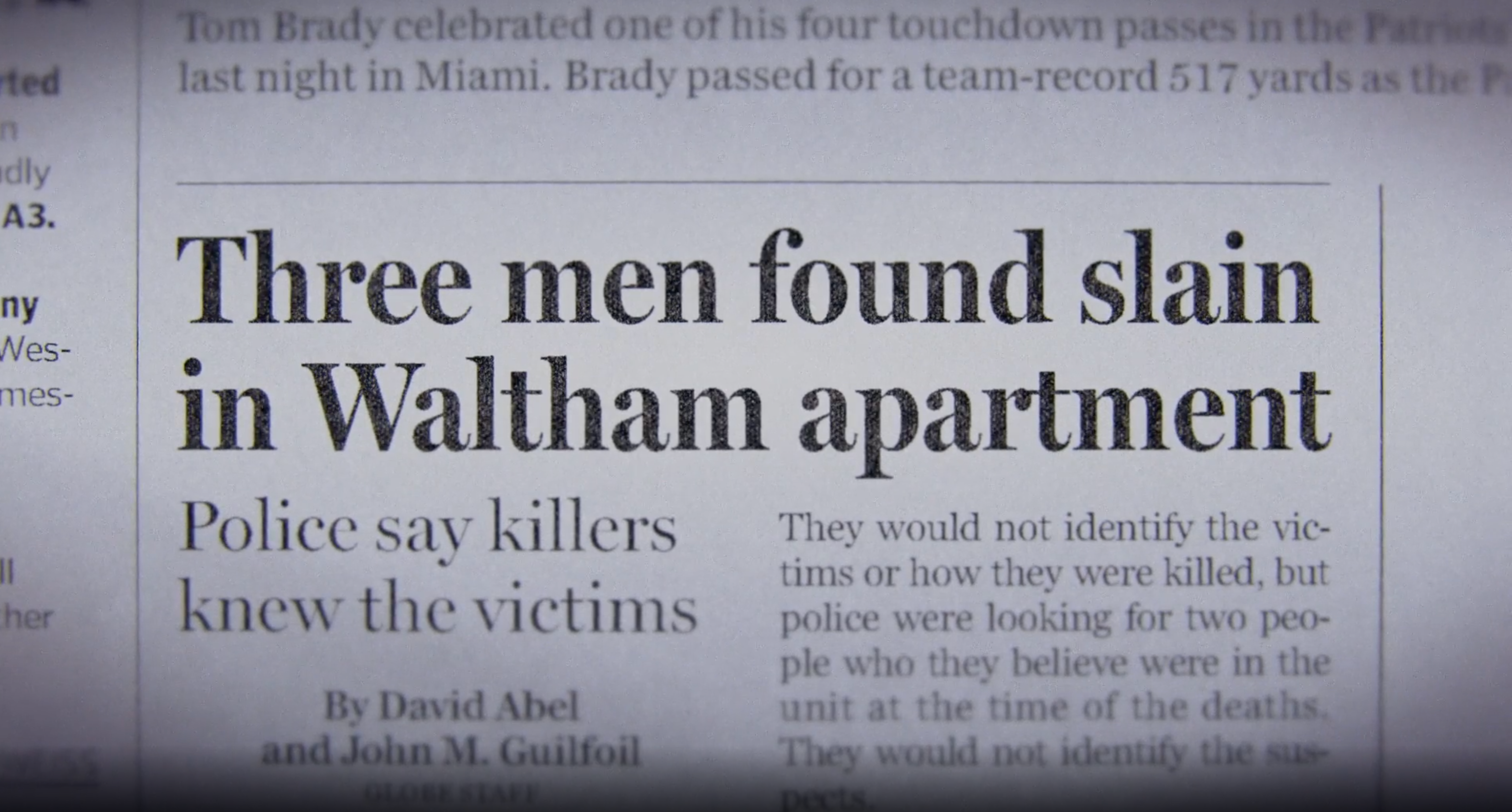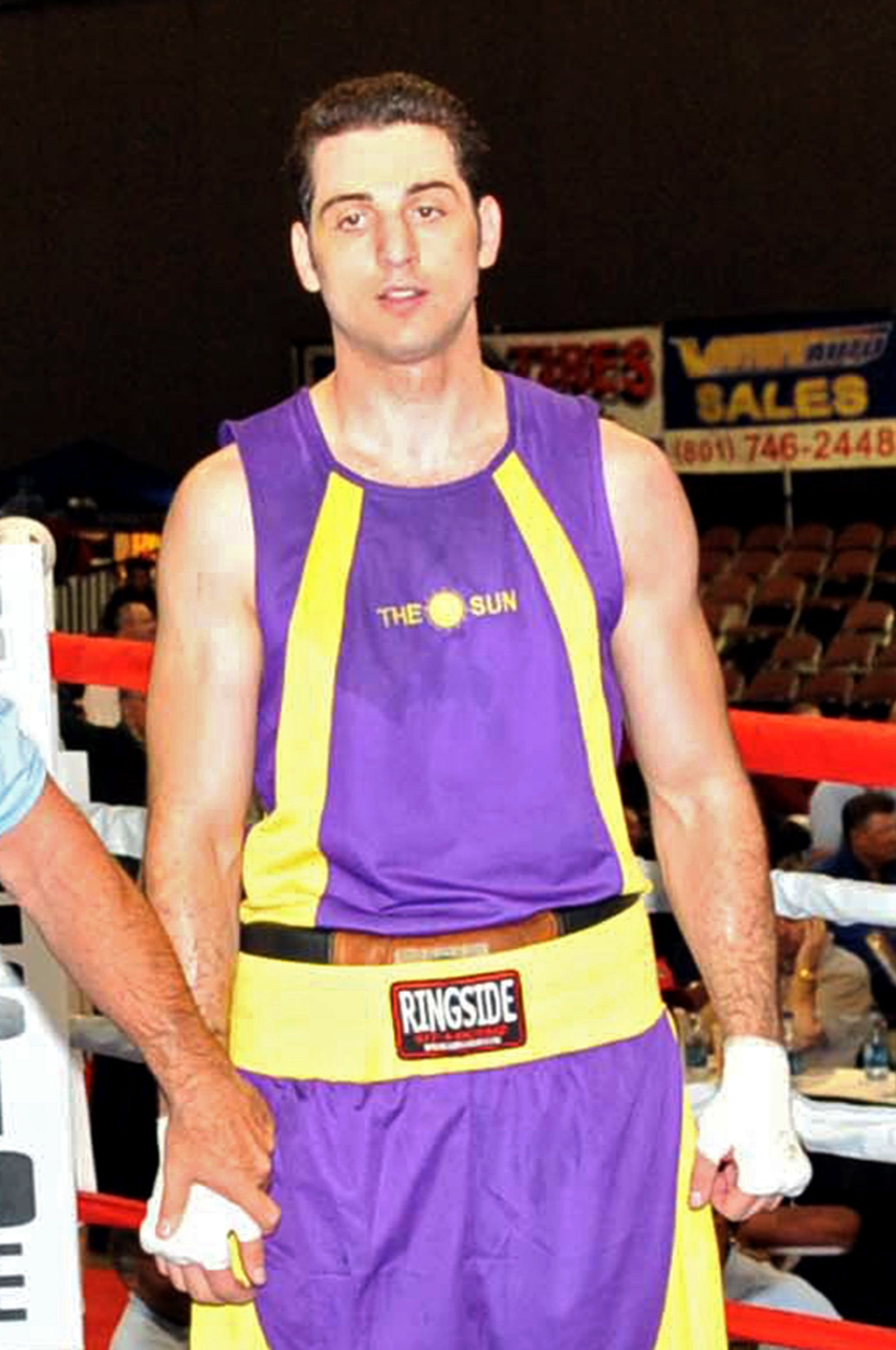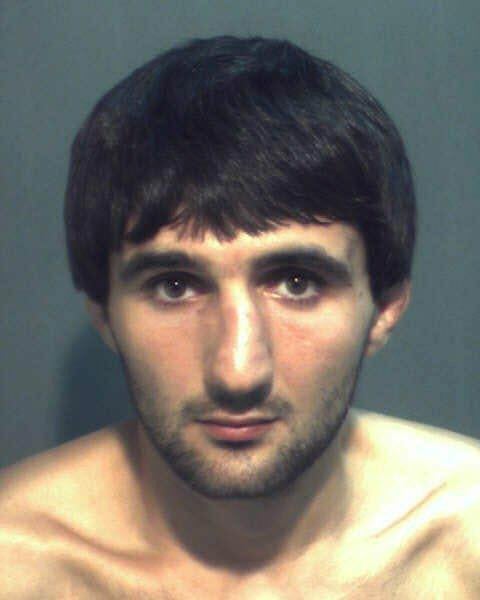An unsolved triple murder and the journalist who wouldn’t stop digging: Did one of the Boston bombers kill before?
Clémence Michallon speaks to journalist Susan Zalkind who has spent years investigating how a triple murder that took place in Waltham, Massachusetts was connected to the Boston bombings.


This story originally ran in 2022 to mark the release of the documentary The Murders Before the Marathon, about a triple murder that took place in Waltham, Massachusetts, two years before the Boston bombings. Since then, journalist Susan Zalkind, a participant in the documentary, has kept investigating the killings. Her book The Waltham Murders: One Woman’s Pursuit to Expose the Truth Behind a Murder and a National Tragedy, featuring new reporting, is being released on Friday, 1 March 2024
On 11 September 2011, three people were killed in the second-floor apartment of a home in Waltham, Massachusetts. It was a little less than two years before the Boston Marathon bombings. The victims, Brendan Mess, Erik Weissman, and Raphael Teken, were respectively 25, 31, and 37. The apartment was Mess’s. The crime scene, journalist Susan Zalkind would later explain in a documentary, was “bizarre”. The three men had their throats slit. Whoever killed the three men had dumped marijuana on their bodies and left a reported $5,000 behind.
The Waltham murders did not make national headlines at the time. It wasn’t until two years later, after the Boston bombings, that they were brought back to the forefront. The reason: A main suspect in the Waltham murders was Tamerlan Tsarnaev, one of the two Boston bombers.
“If police investigated this case thoroughly, would they have prevented the Boston marathon bombing?” Zalkind asks in The Murders Before the Marathon, a new, three-part documentary she produced that began airing on Hulu on 5 September.
Zalkind has spent more than 10 years looking into Tsarnaev’s ties to the Waltham murders. Weissman was her friend. She had an initial interest in crime stories, but after Weissman’s death, became unable to stomach them. But in April 2013, a series of events – beginning with the Boston bombings – “made it impossible to look away”, she recounts in The Murders Before the Marathon. She’s also working on a book, The Waltham Murders: An Unsolved Homicide, a National Tragedy, and a Search for the Truth, which will be published in September 2023.
The present moment, between the documentary’s release and the publication of her book, is the product of a decade during which Zalkind investigated the Waltham case to the best of her abilities. “My path from the very beginning was to move this case forward as far as I was physically able,” Zalkind tells The Independent on the phone just one week after the documentary’s release.
Weissman, she says in The Murders Before the Marathon, was “a good friend” who “took [her] more seriously as a writer than [she] took [her]self.” She teased him for “talking game” about his weed dealing, when he was, in her view, “like a nice, Jewish marijuana dealer.” “He grew up in Cambridge, where there isn’t as big a Jewish population, and I think Erik felt at home with our group of Jewish stoners,” she says. Weissman is remembered in the documentary as a weed connoisseur, like Mess and Teken. If the three men had lived to see the era of weed decriminalization, we are told, they would likely have opened dispensaries. But at the time of the murders, Zalkind says, not much was reported about Weissman’s, Mess’s, and Teken’s lives, “except to say that they sold drugs.”


The case seemed to falter. And then, on 15 April 2013, Tamerlan Tsarnaev, then 26, and his brother Dzhokhar Tsarnaev, then 19, planted two pressure cooker bombs near the Boston marathon finish line. They killed three people and injured more than 200. The attack made headlines worldwide and reshaped safety measures around races and other sporting events. Tamerlan was apprehended on 19 April of that year and died of gunshot wounds and blunt trauma after being shot by police and run over by his brother as he fled in a car, according to authorities. Dzhokhar was arrested on 20 April, imprisoned, and charged with 30 counts – including use of a weapon of mass destruction and bombing of a place of public use. He was convicted on all charges in April 2015 and sentenced to death in June 2015 (Massachusetts doesn’t allow capital punishment, but Dzhokhar faced federal charges, including multiple ones that carried the possibility of the death penalty.) The US Supreme Court affirmed the death penalty in his case in March of this year.
After the bombing, it emerged that Tamerlan had been friends with Brendan Mess, one of the three victims in the Waltham murders. Zalkind says the two men “worked out together at the same gym at least three or four days a week”, and Tamerlan was “always at the apartment.” Reports began emerging of the possible connections between the Boston marathon bombings and the Waltham case. In July 2013, The New York Times ran a story headlined “In 2011 Murder Inquiry, Hints of Missed Chance to Avert Boston Bombing.”
“The emerging evidence against [Tamerlan] has led some law enforcement authorities to contend that if the local murder investigation had been more vigorous it could have led to his apprehension well before the bombings left three dead and more than 260 wounded — in short, that the bombings might never have happened,” the report noted. “... Relatives and friends of the Waltham murder victims … have long contended that the authorities were too quick to write off the murders as the unfortunate outcome of a low-level drug dispute and that they failed to do basic policing work that could have solved the case.”

In May 2013, a man named Ibragim Todashev was shot dead in Orlando, Florida, while being interrogated about the Boston bombings and the Waltham murders. Authorities said Todashev had “suddenly grabbed an object and tried to attack [an] agent,” The New York Times reported at the time. According to both Zalkind and that same New York Times report, Todashev implicated himself and Tamerlan Tsarnaev in the Waltham murders prior to his death. The situation, Zalkind says in The Murders Before the Marathon says, seemed “crazy”: “This man in Florida has crucial information about my friend’s homicide, and they kill him?”
In March 2014, Zalkind wrote a piece for Boston Magazine that unveiled Todashev’s incomplete written confession. “My name is IBRAGIM TODASHEV,” it reads in part. “I wanna tell the story about the robbery me and Tam did in Waltham in September of 2011.” The confession mentions an apparent plan “to rob the drug dealers”, and mentions “three guys” who were put “on the grounds” before Todashev and Tamerlan Tsarnaev “taped their hands up.”
The documentary points to possible early flaws in the Waltham investigation. People told Zalkind they felt the murder victims were being treated “more like suspects” by law enforcement. Teken’s apartment, according to Zalkind’s reporting, was robbed within 24 hours of the killings. But Zalkind says that three people who were in Teken’s apartment the day the bodies were found weren’t asked about the robbery by investigators. She says that Teken’s father told police to look into a Chechen friend of his son’s, with whom Teken had recently argued, “but police never followed up with him on this tip.” (Tamerlan was partly of Chechen descent.) Several people told Zalkind that law enforcement had Tamerlan Tsarnaev’s name, and law enforcement has denied that was the case. Zalkind says investigators did not comment on the specific allegations laid out in The Murders Before the Marathon, on the basis that the Waltham probe remains active.
The documentary builds a compelling case against Tamerlan Tsarnaev in the Waltham killings. Tamerlan’s path to extremism began with his consumption of anti-Semitic conspiracy theories. Far-right, anti-Semitic materials were found at his home and on his hard drive. His growing obsession with conspiracy theories bled into other parts of his life, becoming a backdrop on which to project his own failures and disappointments.
“Had we taken a closer look at Tamerlan Tsarnaev and his radicalization back then, maybe it would have helped us prepare for the current age,” Zalkind tells me on the phone.
As for Teken and Weissman, Zalkind points out in the show that they came from Israeli families and spoke Hebrew. “Their fathers fought in the Israeli army and they were proud of it,” she says in the documentary. “They could be targets for Tamerlan, who was engaging in radical thought and was vocally anti-Semitic.” Four months after the Waltham murders, Tamerlan left the US for Dagestan in Russia, where he remained for six months and is believed to have tried and failed to join extremist fighters. Such a trip would have had to be self-funded, which would line up with an influx of cash following a possible robbery at Waltham. The three murders were committed on 11 September, which Zalkind feels “screams terrorism”, especially considering that “Tamerlan was engaging in radical thought well before the Boston marathon bombing, well before his trip to Dagestan.”
“There are strong indications that this was an ideologically motivated murder,” she says, “and that Tamerlan robbed these men to travel, seek out violent extremist groups, and support himself while he plotted the bombing.”
Zalkind did eventually get confirmation from authorities in Middlesex County, where Waltham is located, that Tamerlan Tsarnaev and Ibragim Todashev are persons of interest in the Waltham case. When we speak on the phone, she tells me it has been “surreal” to have parts of the story out there.

“This last week has been like no other week in my life,” she says. “I think I’m feeling all sorts of feelings. Intense gratitude, and the grief, in a way, of unpacking what this decade has been, especially as it’s corresponded with the anniversary of these murders.” She has heard from multiple people whose lives were impacted by the Waltham case when it struck their community. She also learned how to share her own story as it interacts with her work as a reporter. “On a personal level, I feel kind of overwhelmed, and shy, and exposed,” she adds, “but that’s fine. It’s all part of it.”
Zalkind hopes her work will compel people to pay more attention to the Waltham case. After years of reporting, she has been able to put together a timeline of what she believes happened on 11 September 2021. In her account, Tamerlan Tsarnaev and Ibragim Todashev were welcomed into the victims’ apartment by Brendan Mess, who would have had no reason to turn them away, since he and Tamerlan were friends. Todashev, according to Zalkind, was expecting to help Tamerlan with a robbery, not homicide. She believes both men tied up the three victims and beat Mess until he told them where they could find money.Tamerlan is the one who decides to kill the three men in order to get rid of witnesses, in her purview. He is also the one who slits their throats while Todashev stands outside.
“We need to look back at what happened and think about how we could do better next time,” she says. When I ask her what closure would look like to her, her answer is clear: “I’m not looking for closure. I don’t think the victims’ families are looking for closure either. I’m looking for answers.”
Zalkind’s book is scheduled for release in September 2023. She had already been working on it for years when she decided to move forward with the documentary. In a producer’s note published days ahead of The Murders Before the Marathon’s release, Zalkind said “it is [her] sincerest wish that this docu-series never had to be made.”
“More than 10 years have passed since Erik Weissman, Brendan Mess, and Raphael Teken were killed and yet the haunting questions surrounding this homicide remain unaddressed,” she added in the note. “Though I have found many of the answers I was looking for, this story is in no way resolved. Will the world finally care about the horrific violence inflicted on these three young men? Will this case finally receive the attention it deserves?”



Bookmark popover
Removed from bookmarks